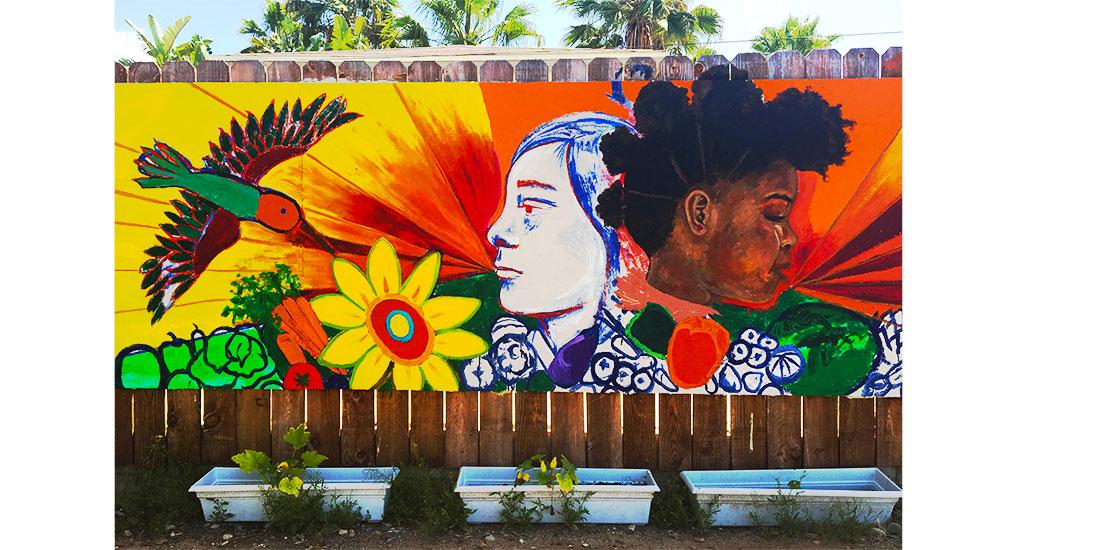What We Do
The Bioregional Center for Sustainability Science, Planning and Design builds university-community partnerships, knowledge, leadership capacity, networks and livelihood opportunities needed for making "Healthy Places, Healthy People, Healthy Communities."

Key Objectives Driving Our Work
Sustainable Development
Planning, design, and development that is socio-ecologically and culturally rooted in just and healthy placemaking. This includes developing stronger urban-rural relations.
Democratizing Science, Policy-making, and Planning
Establish trusted community-university relationships and projects that propagate bi-directional flows of knowledge, learning and resources sharing, and strong university-community partnerships.
Equitable Technology
Creating means of cyber-social connectivity for well-informed participatory planning; effective research communication using data visualization and storytelling; and inclusive decision-making processes that are equitable and diverse.
Work Principles
We...
• address some of the 21st century's most complicated, interlocking challenges including: food-energy-water security; climate change; and health disparities.
• generate theories of change, plans, policies and designs to make human settlements more adaptive and resilient while eradicating root causes of ecological degradation, poverty, social strife and injustice.
• co-design and do civically engaged research with residents and organizations of disadvantaged neighborhoods and communities.
• improve how human and natural systems interact in our buildings, infrastructure, landscapes and designs for healthy and active living.
• advance a bioregional approach that highlights urban-rural-hinterland interdependencies and the importance of a healthy sense of place linking land and people.
• create multisector, interdisciplinary, place-based knowledge-action collaboratives that join planning, health and science.
• share knowledge and tools for sustainablity science, planning and design through diverse academic, public, and social multimedia venues.
• inspire and enable "rooted community development," the "bioregional transition" and the rise of the "Rooted University".